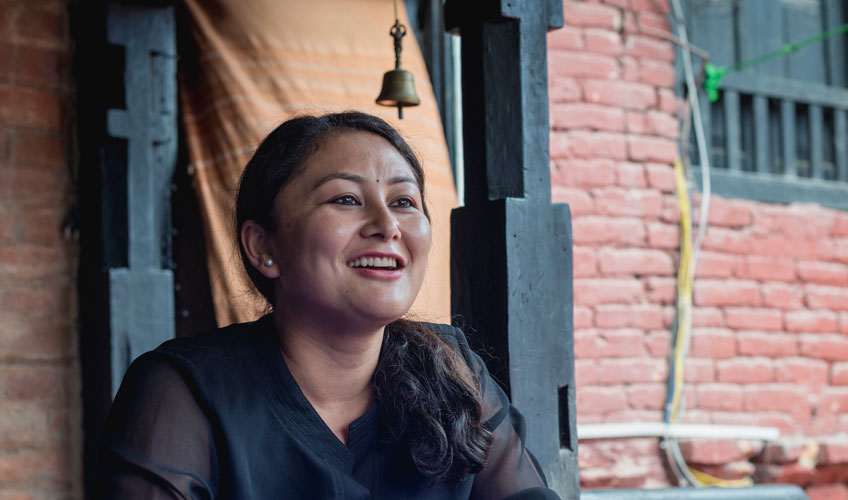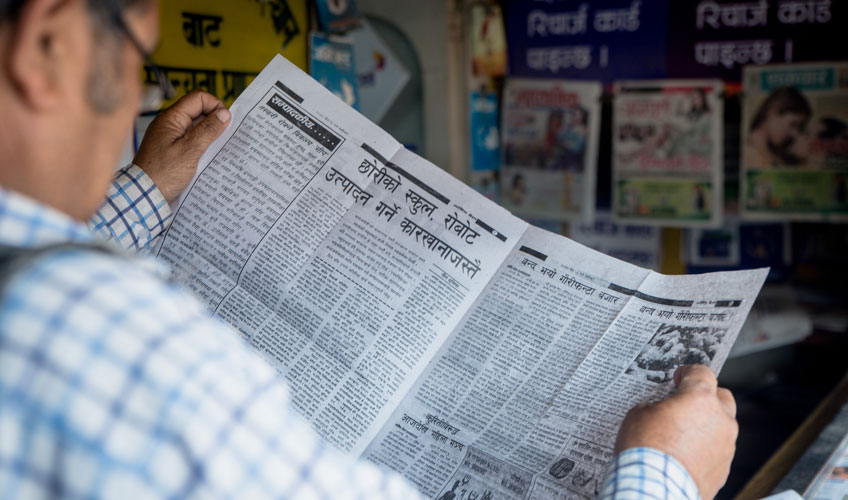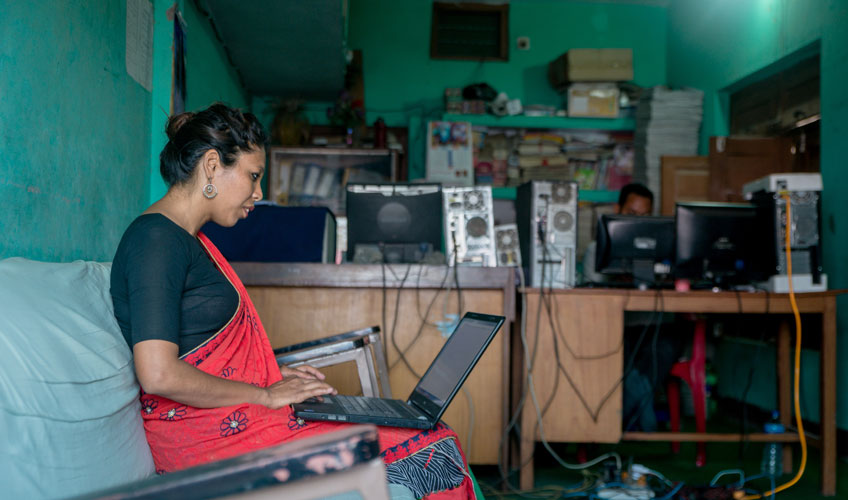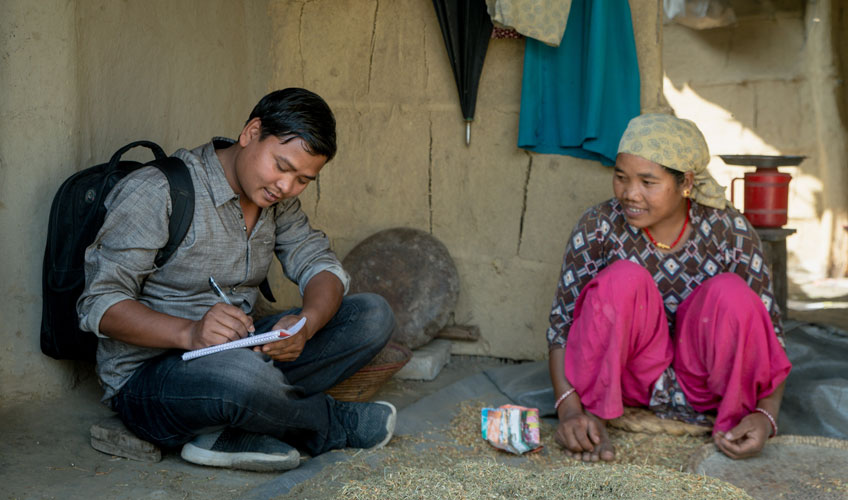Promoting media freedom in Nepal
“I started out as a photojournalist right at the time when the King took over power and curtailed the rights of the press. International news agencies in Nepal started looking for staff and luckily Reuters offered me a job, starting my work at such a critical juncture.”

Shruti Shrestha, a female photojournalist from Kathmandu and a participant in Alert’s ‘Right to Voice’ project that promotes media and freedom of expression, explains further: “Local news and media were suppressed by the then authority, but they could not do the same to international news agencies. Desk editors and reporters were indirectly under the army command. Correspondents from national media could not write and move as freely as us. The army had taken control of the media houses here.”
Shruti continues, referring to the government takeover by the then King:
Nepal’s situation would have not been understood by the rest of the world if it wasn’t for the journalists working here for international news agencies.

The media have played a key role in Nepal’s transition from autocratic monarchy to a functioning multiparty democracy, and media houses have become increasingly effective in raising the public’s demand for increased government accountability. The media, in particular local radio, have also been instrumental in raising awareness nationwide of policy debates around the constitution-making process, and have helped ensure that Kathmandu-centric debates are informed by local-level concerns.
However, in 2017 around 15 journalists were physically attacked or manhandled by policemen while covering the legislative elections. And in 2018 Nepal was ranked 106th out of 180 countries in Reporters Without Borders’ 2018 World Press Freedom Index. These personal security risks and threats faced by journalists, combined with the relative lack of professionalism within the media sector and poor oversight and regulation, undermine the media’s potential to play a positive role in the consolidation of peace and democracy and the protection of human rights.

As one of the few international NGOs with a legal mandate from the Government of Nepal to work on security and justice issues, Alert in partnership with the Federation of Nepali Journalists (FNJ) brought journalists together to increase the media’s freedom of expression and pluralism, reduce threats to journalists and promote marginalised voices. We also worked with people in a position to either support or undermine the freedom of the press, including political parties, security forces and local officials in targeted areas.
One of the project’s participants told us:
The trainings I did with the ‘Right to Voice’ project challenged me to further investigate the stories I was working on and listen to the voice of the most vulnerable populations. This made me deal with stories and content in a completely different way from what I was doing previously. I was giving a voice to the voiceless.
Other participants confirmed that the trainings have enabled them to explore more aspects of journalism and reporting. This includes having better access to information, fact checking multiple sources, and making journalists more aware of their rights and privileges by disseminating the Media Code of Conduct.

“There is a big difference between now and before being part of this project. Earlier, we didn’t know where and how to start. Now after we have attended the trainings, we have learned how to approach victims and marginalised communities. We also do ample amount of homework before we go out to the community to hear their grievances or even before taking an interview with anybody,” says Ram Dahit Pahura, another project participant.
The inclusion of various stakeholders brought together a greater diversity of perspectives and clarified many misconceptions. “Take me for example, earlier I used to label every journalist as corrupt, biased, divided and unethical. Now my perspective has changed in a positive way. I believe now journalists are more professional. People are trusting the media more than the government. For example, if we have any problem in service delivery, people would say ‘we will report it to the media’. They are becoming true changemakers,” comments another participant.
About the project
The ‘Right to Voice’ project provided journalists in Nepal with forums where they could discuss the causes of self-censorship with authorities, and together generate ideas for improving freedom of expression. Through systematically documenting attacks and threats made towards journalists, it enables human rights defenders to hold perpetrators to account for their actions.
The project also advocated for a more inclusive media sector in Nepal, which doesn’t ignore the voices of marginalised communities. This is important because the media in Nepal is mostly controlled and operated by elites, who often don’t understand the interests or concerns of these communities. By promoting these excluded voices and reducing threats facing journalists, the project aimed to contribute to greater media freedom of expression and pluralism in Nepal.
The project was successful in establishing six Free Media Networks (FMNs) in project districts and in training over 155 FMN members. The project was designed in close cooperation with the Federation of Nepali Journalists (FNJ), and FNJ was responsible for implementing it to a large extent. This guaranteed ownership of the project with the local partner and local ownership among FMN members ensures the sustainability of the platforms and project impact.
The project was in partnership with the Federation of Nepali Journalists and was funded by the EU via European Instrument for Democracy and Human Rights (EIDHR).







